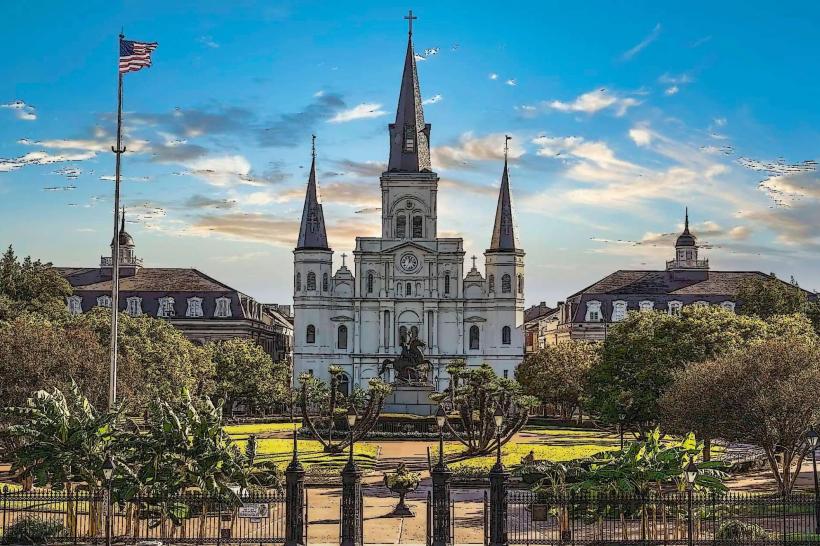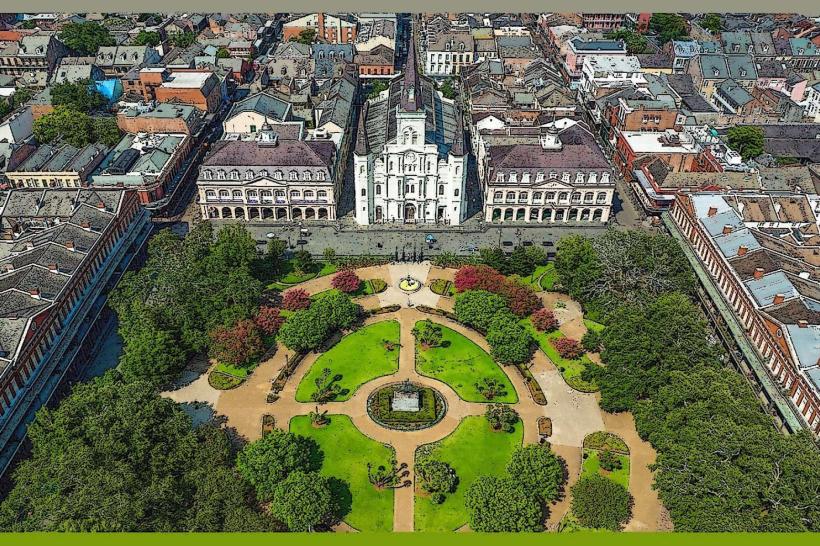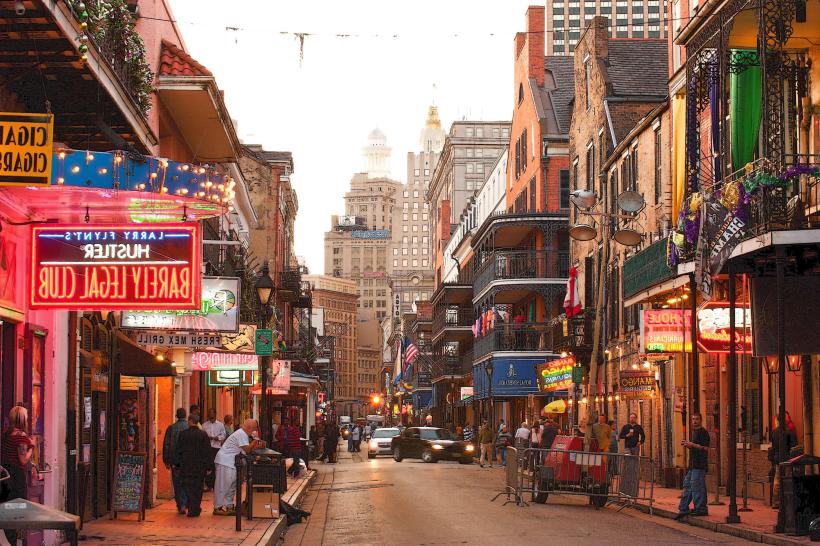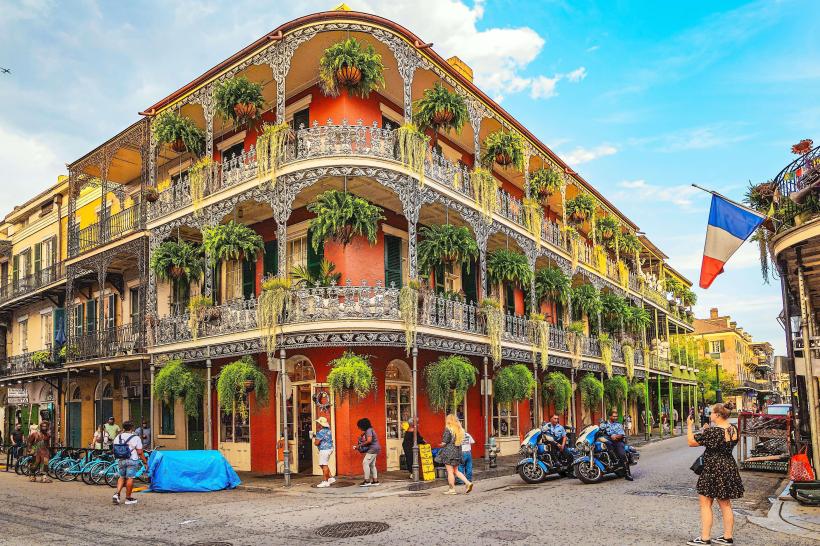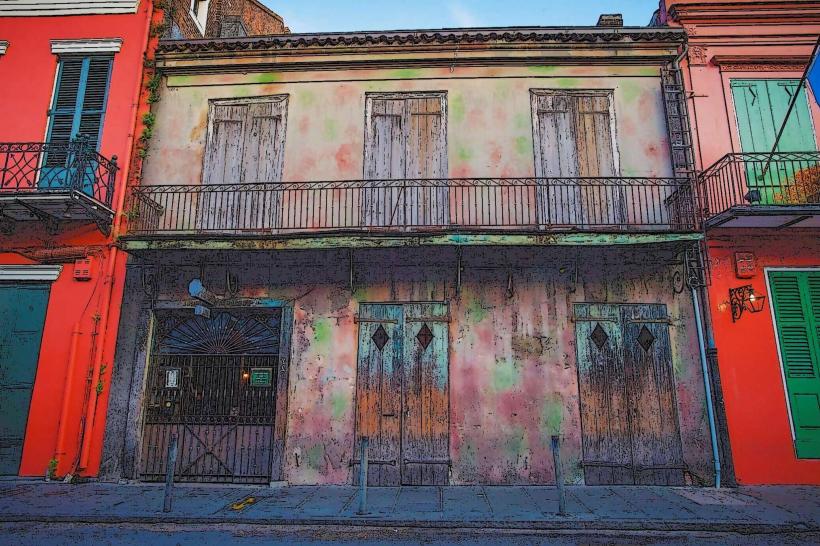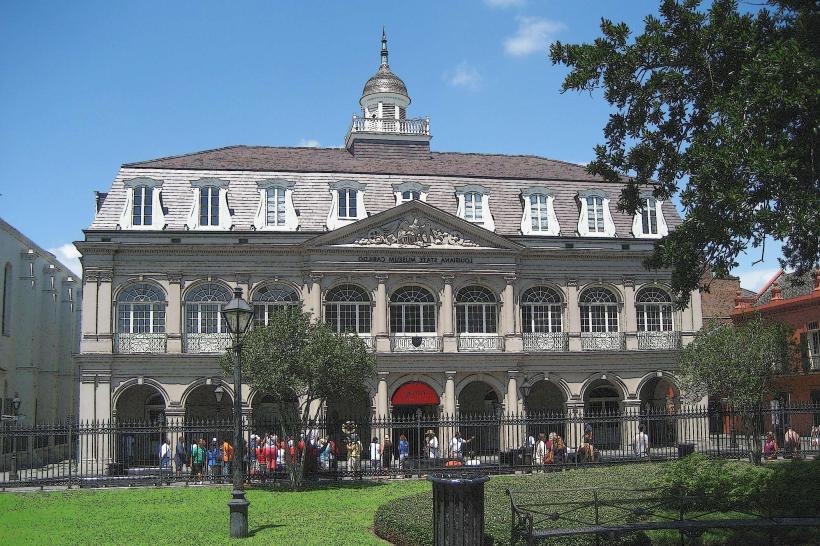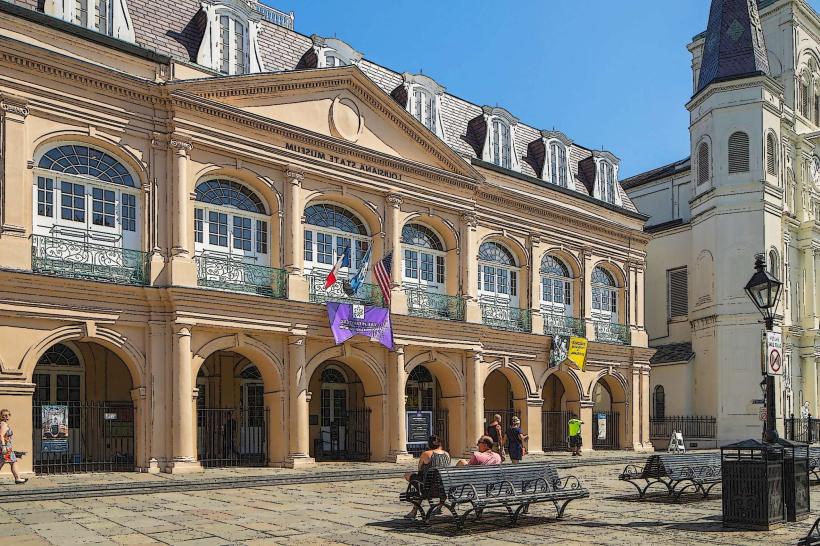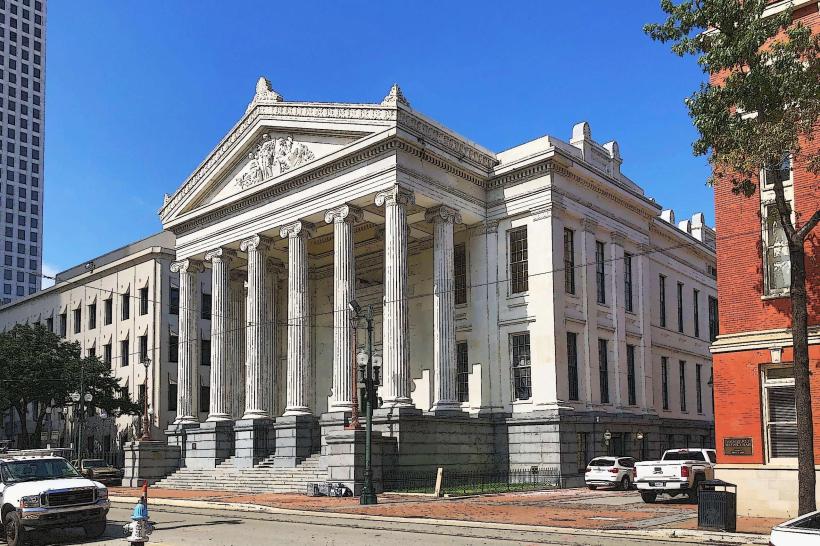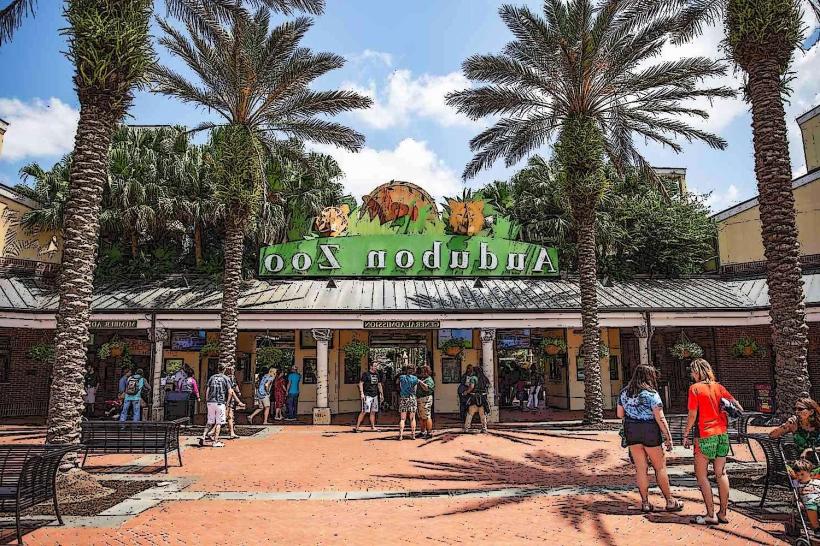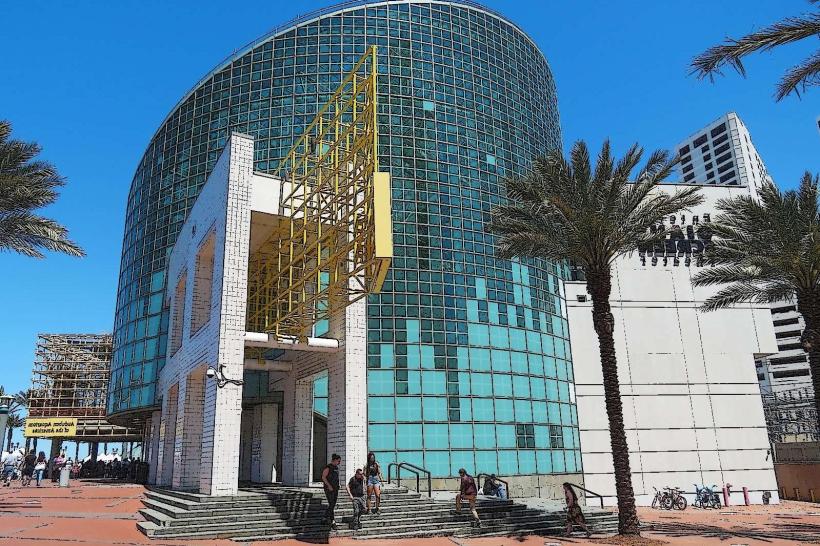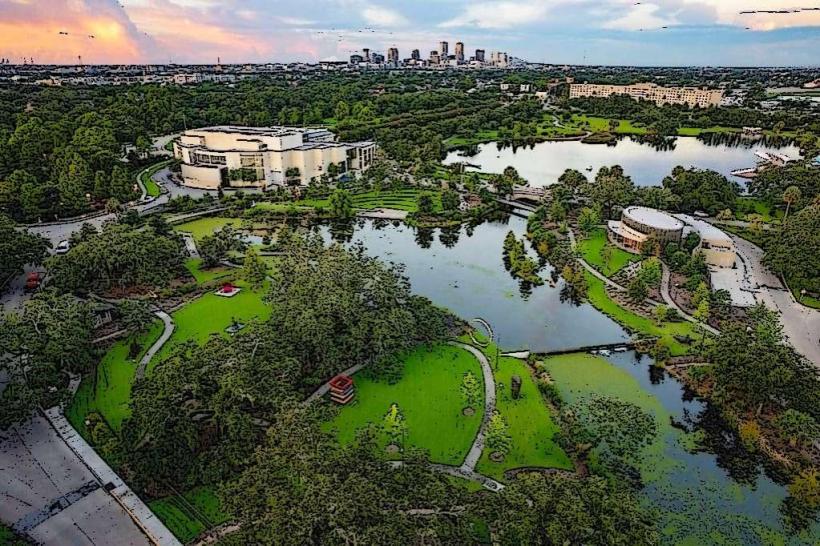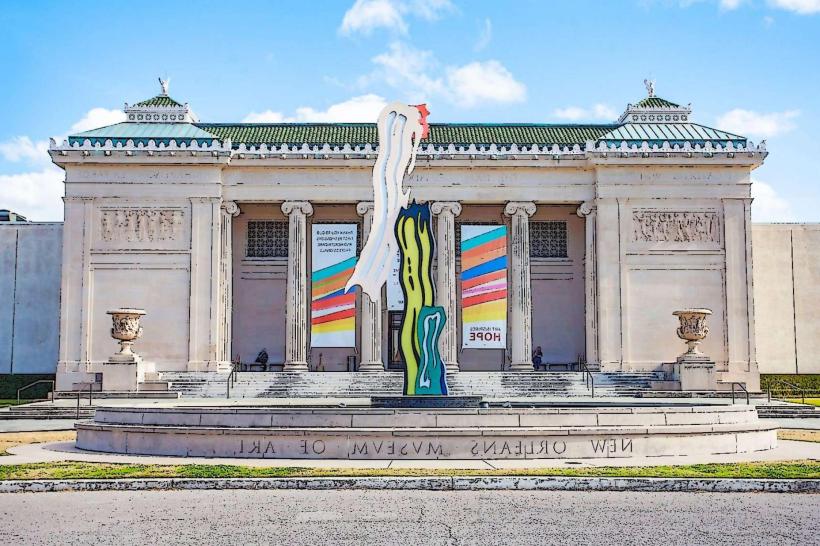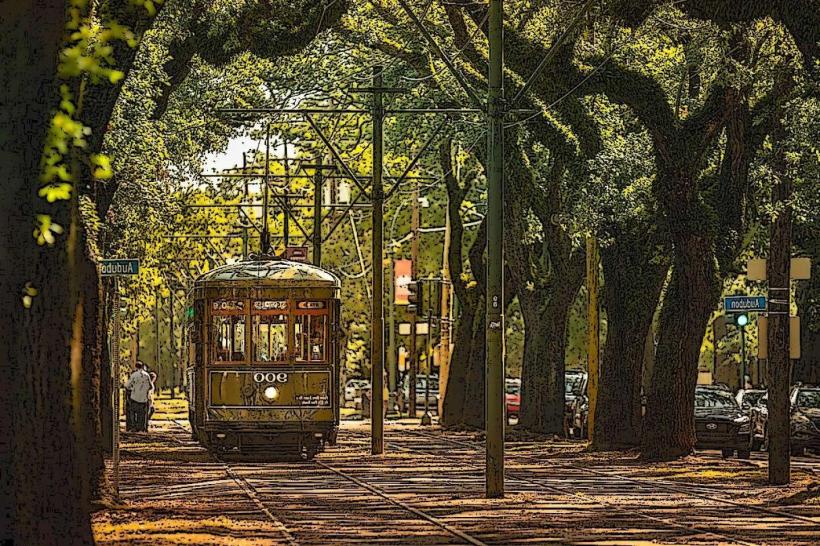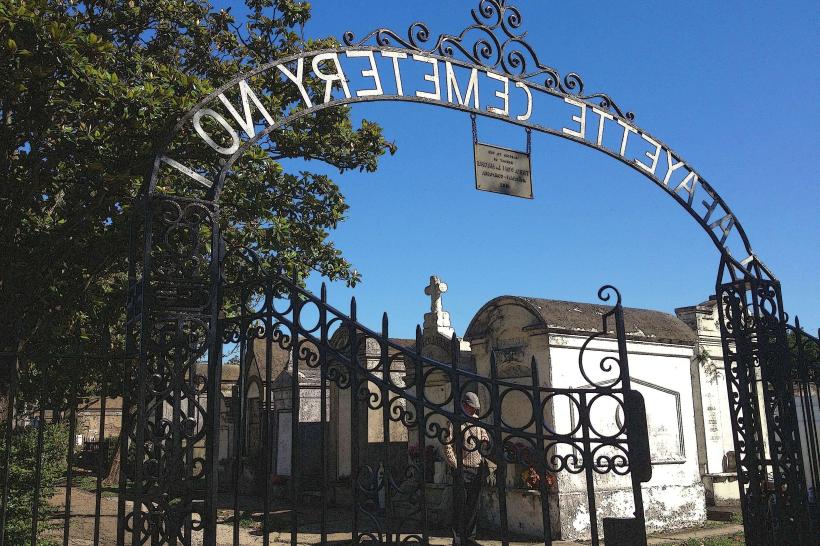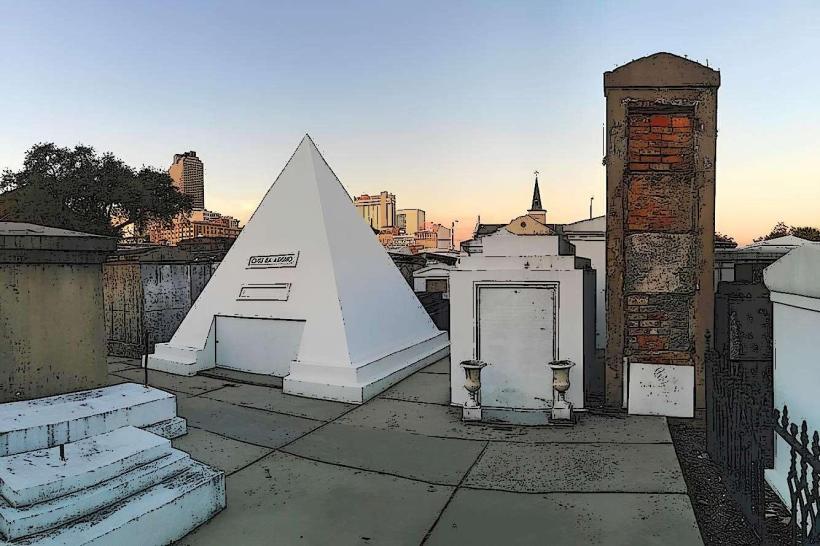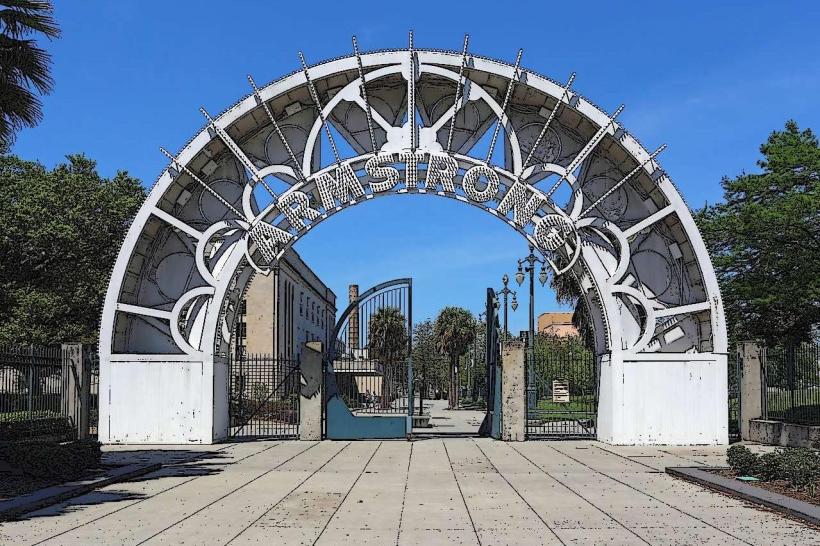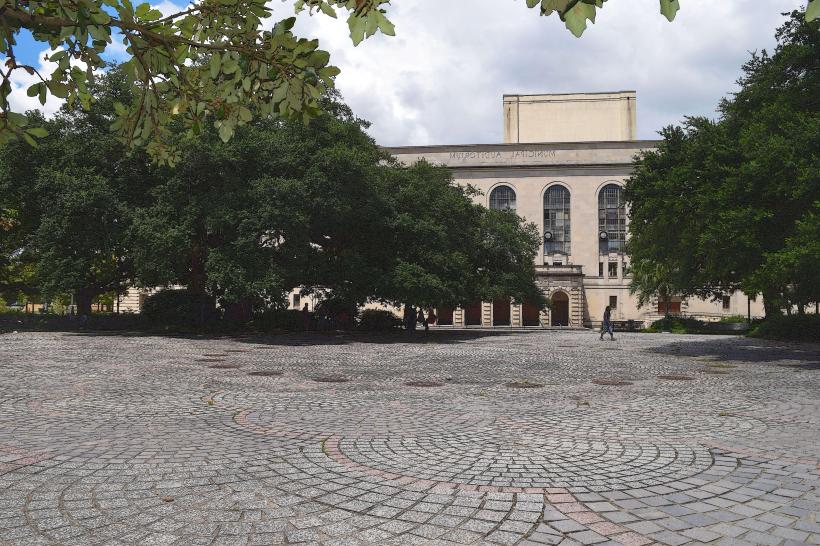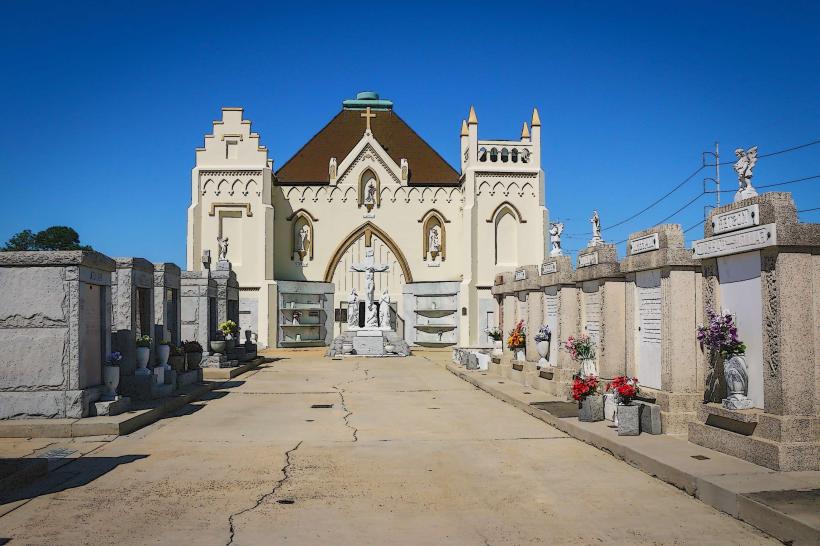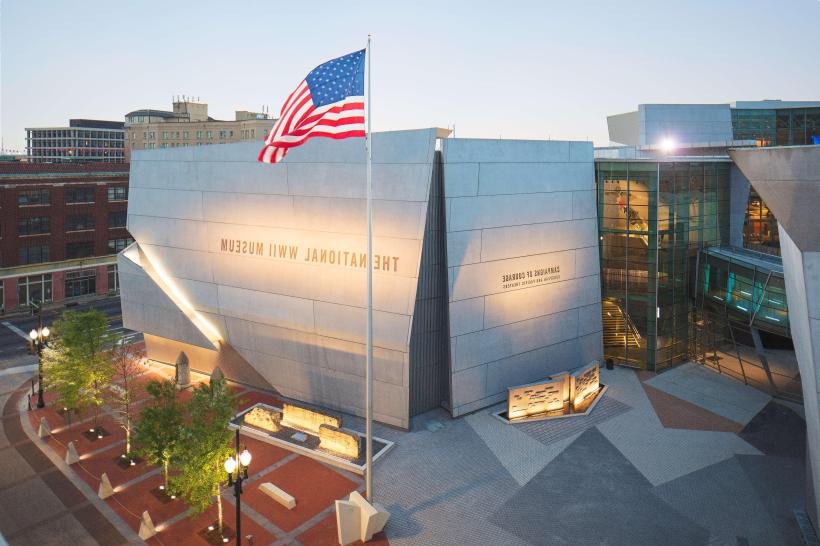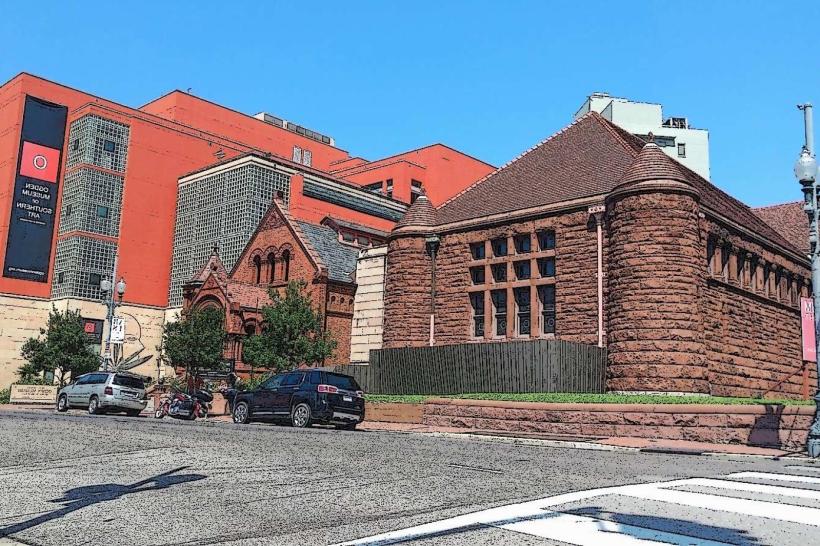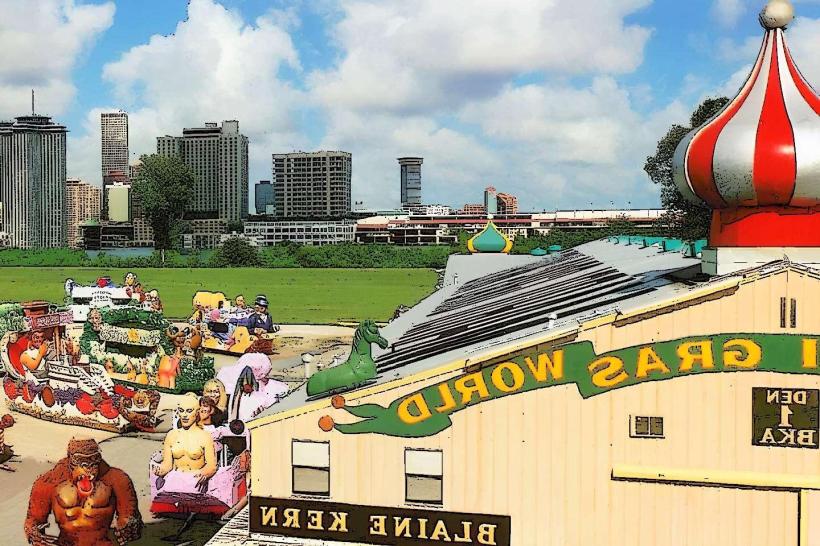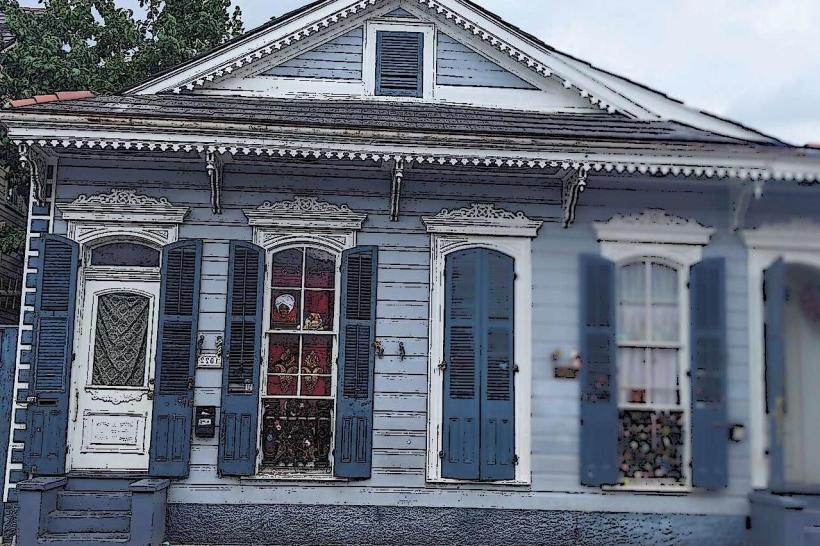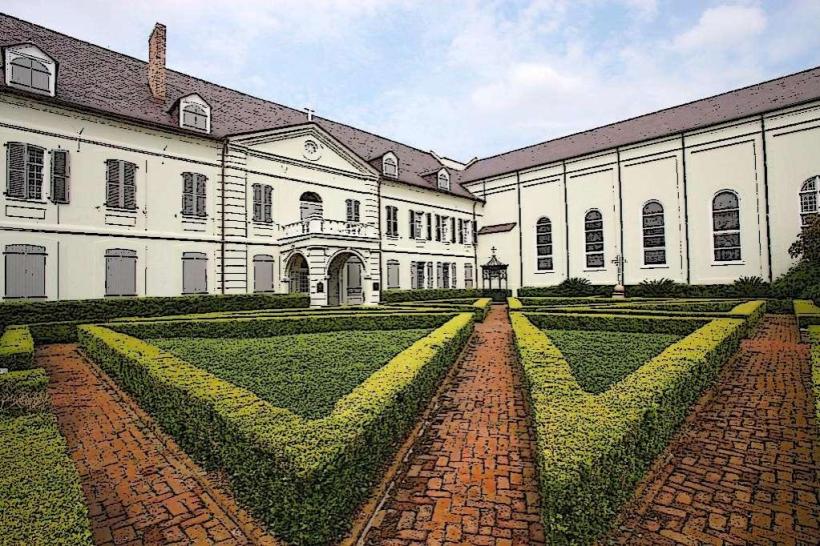Information
Landmark: Historic New Orleans CollectionCity: New Orleans
Country: USA Louisiana
Continent: North America
Historic New Orleans Collection, New Orleans, USA Louisiana, North America
The Historic New Orleans Collection (HNOC) is a museum, research center, and historic house museum dedicated to preserving, interpreting, and showcasing the rich history and culture of New Orleans, Louisiana, and the Gulf South. It is one of the premier cultural institutions in the region and offers a wealth of resources for those interested in exploring the history, art, and architecture of New Orleans from its colonial roots to the present day.
History and Background
Founded in 1966 by General L. Kemper Williams and Leila Williams, The Historic New Orleans Collection was created with the goal of preserving the region’s extensive historical records and artifacts, many of which were in danger of being lost due to neglect or lack of preservation. Over the years, it has grown into one of the most respected institutions for the study and preservation of Louisiana’s history.
The Collection includes an impressive archive of documents, manuscripts, books, maps, photographs, and artwork, as well as several historic properties that have been restored to provide visitors with a deeper understanding of New Orleans' unique cultural and architectural heritage.
Key Components of The Historic New Orleans Collection
The Historic New Orleans Collection comprises several key areas and institutions:
1. The Williams Research Center
Located in the heart of the French Quarter, the Williams Research Center is the research arm of the Historic New Orleans Collection. It houses one of the largest and most significant collections of historical materials related to the history of New Orleans and Louisiana. Researchers, students, and the general public can explore a vast archive of documents, photographs, manuscripts, rare books, maps, and artworks.
Some of the primary research topics covered by the Williams Research Center include:
Early New Orleans History: From the city’s French colonial roots to the Spanish period and into the early American era.
Cultural Heritage: Including the histories of Creole and African American populations, Cajun heritage, music, and New Orleans’ Mardi Gras traditions.
Maps and Topography: The center holds an extensive collection of historical maps, allowing for research into how the city developed and changed over time.
The center also regularly hosts lectures, special exhibitions, and educational programs, providing access to some of the collection’s most fascinating pieces.
2. The Louisiana History Galleries
The Louisiana History Galleries at The Historic New Orleans Collection offer a permanent exhibit that showcases the story of Louisiana’s complex history, from its Indigenous peoples and colonial beginnings through its growth as a state, its involvement in the Civil War, and its evolution into the modern era.
The galleries are divided into sections that explore specific themes, including:
Colonial Louisiana: Focusing on the early history of the region, including the French and Spanish colonial periods and the influences these cultures had on New Orleans and the Gulf Coast.
Slavery and Freedom: Explores the history of enslaved people in Louisiana, the Creole culture, and the influence of African and Caribbean heritage on the state.
Cultural Development: Highlights the evolution of New Orleans’ unique culture, including the city’s food, architecture, music, and customs.
Economic and Political History: A deep dive into the role of New Orleans as a key port city and the political history surrounding its transition from French to Spanish and eventually to American control.
3. The Royal Street Complex
The Royal Street Complex houses several key properties that are part of The Historic New Orleans Collection’s museum and educational offerings. Located along the famous Royal Street in the French Quarter, the complex includes a group of historic buildings that are open to the public for tours.
Some of the notable buildings in the Royal Street Complex include:
The Maison (House) of the Historic New Orleans Collection: A beautifully restored Creole townhouse that serves as a historic house museum, showcasing how New Orleans' wealthiest residents lived during the early 19th century. The house has been restored to reflect its original appearance and offers a glimpse into the architecture, design, and lifestyle of early New Orleans.
The Seignouret-Brulatour Building: This historic structure houses part of the Louisiana History Galleries and has also been restored to its original grandeur, allowing visitors to explore the architectural evolution of the French Quarter.
Exhibit spaces: The museum frequently hosts rotating exhibitions in the Royal Street Complex, featuring artwork, historical documents, and objects that provide new perspectives on New Orleans’ history, culture, and social fabric.
4. The Creole Cookery Tour and Garden District House
In addition to its traditional exhibits, The Historic New Orleans Collection offers a Creole Cookery Tour that immerses visitors in the culinary heritage of New Orleans, one of the defining features of its culture. The collection also offers access to the Garden District House, an 1850s property that provides further insights into the region’s Victorian architecture and the city’s growth during the 19th century.
Special Exhibits and Collections
The Historic New Orleans Collection regularly presents special exhibits that showcase different aspects of New Orleans and Louisiana’s rich cultural heritage. Some examples include:
1. Jazz and Music Exhibitions
Given New Orleans’ status as the birthplace of jazz, The Historic New Orleans Collection often features exhibitions dedicated to the evolution of music in the region, especially jazz, blues, Cajun music, and Creole traditions. These exhibits provide insight into the lives of legendary musicians such as Louis Armstrong, Sidney Bechet, and Dr. John, among others.
2. Mardi Gras and Festivities
Another recurring exhibit theme is New Orleans' famous Mardi Gras celebrations. The museum showcases the history of Mardi Gras krewes, the costumes, parades, and the evolution of this beloved tradition in New Orleans.
3. Architectural Exhibitions
The collection also explores the evolution of New Orleans’ architecture, focusing on the Creole cottages, shotgun houses, and historic mansions that define the city’s visual landscape. Exhibits often highlight the city’s Spanish and French colonial influences, as well as the impact of the Victorian and Art Deco periods.
Research and Education Programs
The Historic New Orleans Collection is committed to providing valuable resources for scholars, students, and anyone interested in learning more about the region’s history. The museum offers:
Workshops and seminars on topics like New Orleans’ colonial past, Cajun culture, Creole history, and Louisiana’s role in the Civil War.
Archival Research: Scholars and historians can access the museum’s expansive archives for research on various topics related to Louisiana, the Gulf South, and New Orleans.
Educational Programs for schools, including hands-on activities and presentations designed to teach students about New Orleans' history, art, and cultural traditions.
Conclusion
The Historic New Orleans Collection is an invaluable institution that plays a key role in preserving and sharing the history and culture of New Orleans and Louisiana. Whether you’re exploring Creole architecture, learning about the city’s early colonial history, or diving into the birthplace of jazz, the museum offers a rich and varied experience for visitors of all backgrounds. Its archives, exhibits, and historic buildings provide a compelling narrative of New Orleans’ complex and fascinating past.

